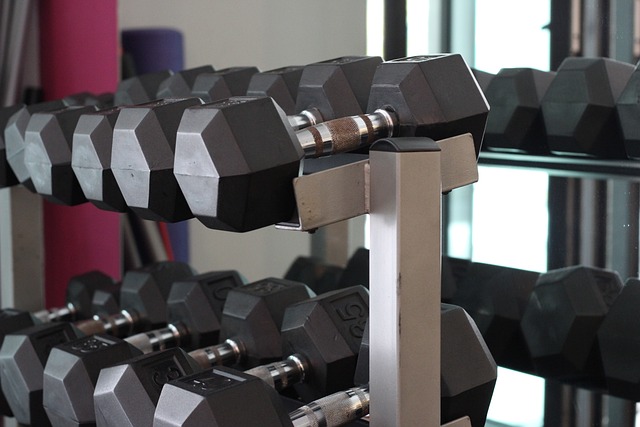 April is Alcohol Awareness month. There are some realities of alcohol that are not as intuitive as you might expect. Make informed decisions regarding your drinks by being able to tell fact from fiction.
April is Alcohol Awareness month. There are some realities of alcohol that are not as intuitive as you might expect. Make informed decisions regarding your drinks by being able to tell fact from fiction.
“Pound for pound, men and women can handle the same amount of alcohol.” Fiction. Men, comparatively, have more water in their bodies than women, so the alcohol becomes more diluted. In addition to that, women have fewer enzymes in their stomachs and livers, and it takes longer for them to metabolize alcohol. Lastly, when estrogen levels are high, effects of alcohol can set in faster. Thus, due to different body make up, a woman who drinks the same amount as a man of equivalent weight (having eaten the same amount) will have a higher BAC, and will stay drunk longer. For example if a 140 lb. man has 5 drinks over the course of 2 hours, his BAC will be .101, while his female counterpart in weight would have a BAC of .128.
“Drinking in hot or cold weather can change the effects of alcohol.” Fact. In warm weather, drinkers tend to be more dehydrated, thus the drinks become less diluted. If you happen to be drinking in a hot tub, the effects are compounded by the fact that your blood is flowing more quickly. (That said, it’s a good idea to follow up a drink with a glass of water or two in warm conditions). In cold conditions, alcohol makes it hard for the body to identify how hot or cold it is and compensate accordingly. Drinking alcohol in cold weather elevates one’s risk for developing hypothermia or frostbite.
“Exercising, taking a cold shower, or drinking water or something with caffeine sobers you up.” Fiction. Let’s tackle these one by one:
- Exercising – The liver is what processes alcohol, and exercising does not help speed up that process, regardless of how much one sweats.
- Taking a cold shower – A cold shower might help someone feel more awake, but it does not reduce one’s level of intoxication.
- Water – It’s true that having more water in the system before and during drinking will help dilute the alcohol and slow down its absorption; however, adding water to an already intoxicated system does not have the same benefits (though is still a good idea to prevent dehydration).
- Caffeine consumption – This method of “sobering up” is perhaps the most dangerous, and does not in fact sober one up. While alcohol is a depressant, caffeine is a stimulant. These competing forces put stress on one’s system. Drinking caffeine does wake a drinker up, but it does not speed up time to decrease levels of intoxication.
Knowing fact from fiction can help drinkers make smarter choices.









